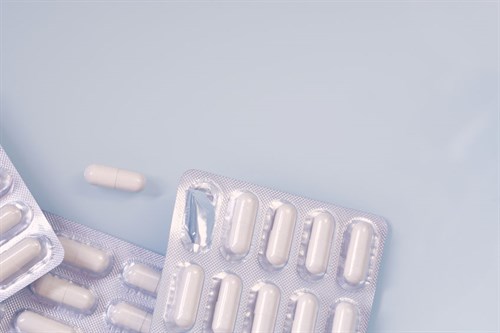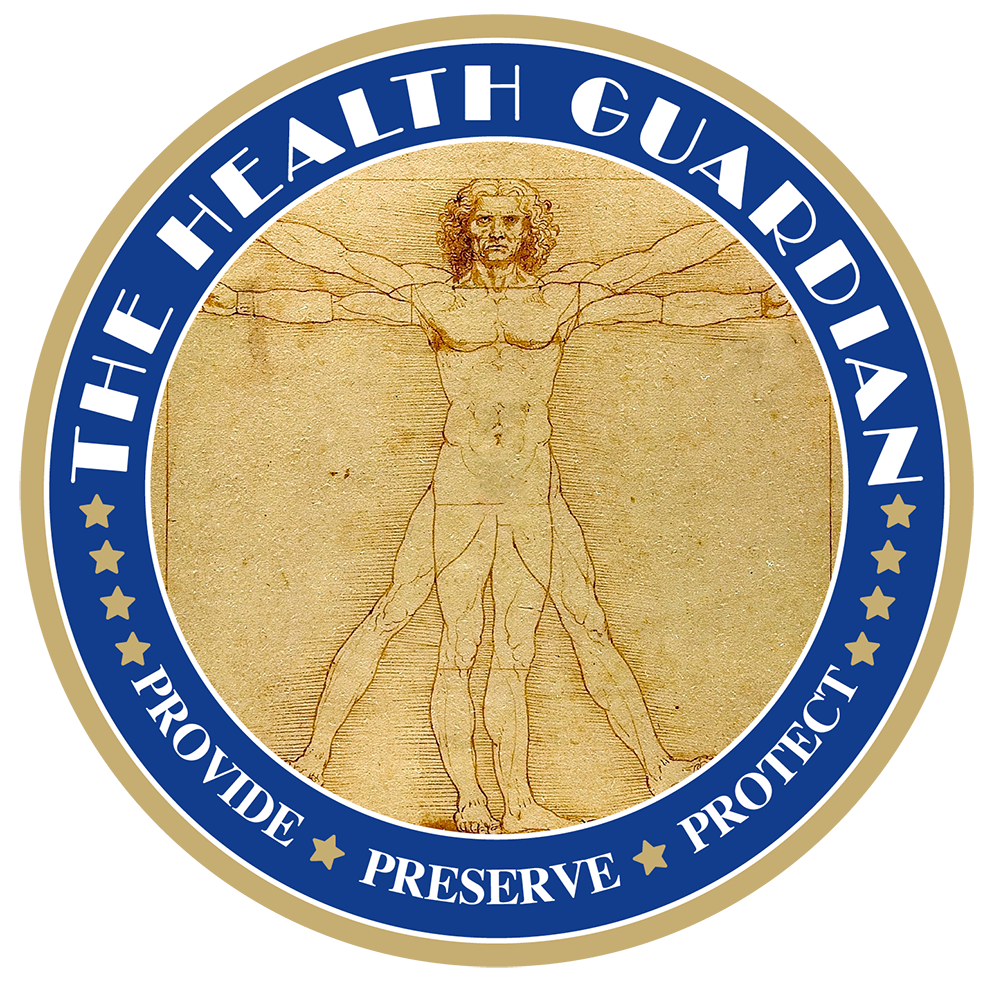 Whether you eat a lot of fast food or are a health junkie, it can still be difficult to get all the nutrients you need in your everyday diet. There are a number of vitamins and nutrients our bodies require in order to function properly and if we don’t get them, things can start going wrong quickly.
Whether you eat a lot of fast food or are a health junkie, it can still be difficult to get all the nutrients you need in your everyday diet. There are a number of vitamins and nutrients our bodies require in order to function properly and if we don’t get them, things can start going wrong quickly. Nutritional and vitamin deficiency can result in a number of side effects, from drowsiness and fatigue to feeling cold all the time or even feeling ill. Fortunately, we can make sure our bodies are well supplied with these essential nutrients merely by expanding our diets to include vitamin-rich foods and supplements.
What many people don’t know is that women’s and men’s nutritional needs are different. So, in this article, we’ll discuss the neutral needs of women, what deficiencies can do to women’s bodies, and the foods women should eat to ensure they stay healthy.

Iron
Iron is essential for your immune system and vascular system to function the way they should. Without sufficient amounts, your body will struggle to make hemoglobin, which is a protein your red blood cells need in order to transport oxygen throughout the body.
For women, iron levels aren’t just influenced by diet, but other factors as well. For example, menstruation and pregnancy can both result in an iron deficiency. While it’s unlikely a woman would become anemic for either of these reasons right away, a prolonged deficiency will eventually cause anemia. Additionally, a woman whose body is low on iron may also experience:
Shortness of breath
Fatigue
Dizziness
Heart palpitations
Hair loss
Fortunately, iron can easily be found in a variety of places, including some meats, beans, fortified grains, eggs, and certain vegetables. Alternatively, iron supplements are a great way to make up for women who experience iron loss. Just make sure you consult with a physician before starting any type of supplement regimen.
For women, iron levels aren’t just influenced by diet, but other factors as well. For example, menstruation and pregnancy can both result in an iron deficiency. While it’s unlikely a woman would become anemic for either of these reasons right away, a prolonged deficiency will eventually cause anemia. Additionally, a woman whose body is low on iron may also experience:
Shortness of breath
Fatigue
Dizziness
Heart palpitations
Hair loss
Fortunately, iron can easily be found in a variety of places, including some meats, beans, fortified grains, eggs, and certain vegetables. Alternatively, iron supplements are a great way to make up for women who experience iron loss. Just make sure you consult with a physician before starting any type of supplement regimen.
Calcium
Women are more prone to bone loss, or osteoporosis, than men are, which is why it’s important for all women, but especially older women, to get the recommended 1,000mg a day. In addition to bone health, calcium is also integral to muscle, heart, and enzyme health.
Aside from dairy products like milk, yogurt, and cheese, calcium can easily be found in leafy greens like kale, tofu, and calcium-fortified products like orange juice, as well as supplements.
Aside from dairy products like milk, yogurt, and cheese, calcium can easily be found in leafy greens like kale, tofu, and calcium-fortified products like orange juice, as well as supplements.
Magnesium
Magnesium does a ton of stuff for our bodies, from helping with energy absorption to assisting in growth and repair throughout the body. Without it, you may experience symptoms such as nausea, fatigue, and muscle spasms.
Fortunately, getting magnesium isn’t too hard. You only need around 300mg a day and it can easily be found in foods like avocados, almonds, and certain whole grains.
Fortunately, getting magnesium isn’t too hard. You only need around 300mg a day and it can easily be found in foods like avocados, almonds, and certain whole grains.
Iodine
Iodine helps our bodies regulate temperature and our metabolisms, amongst other things. It’s also crucial for our bodies to be able to make enough thyroid hormones. Iodine deficiencies can result in a goiter (swollen thyroid) and hyperthyroidism, which often causes weight gain, fatigue, and the sensation of being cold all the time. It’s also especially dangerous when pregnant women have low iodine levels, as it can cause growth delays in the fetus.
If you use iodized salt, you’ve already got a good source of iodine in your diet. But, for women who control their salt consumption, iodine can also be found in dairy products, grains, and many types of seafood.
If you use iodized salt, you’ve already got a good source of iodine in your diet. But, for women who control their salt consumption, iodine can also be found in dairy products, grains, and many types of seafood.
Vitamin D
We know that sunlight is a good source of vitamin D, but it’s often not enough. This crucial vitamin helps with bone growth and immune health, and is especially important for pregnant women. Most women need between 600-800 IUs of vitamin D per day, depending on their age. Without it, they are likely to experience an increased risk of poor bone health, obesity, and diabetes, along with weakness and fatigue.
In addition to spending 15-30 minutes a day in the sun (with sunscreen of course), you can also find a variety of vitamin D-enriched foods, like milk and orange juice. Egg yolks are also a good source of the sunshine vitamin!
In addition to spending 15-30 minutes a day in the sun (with sunscreen of course), you can also find a variety of vitamin D-enriched foods, like milk and orange juice. Egg yolks are also a good source of the sunshine vitamin!
B12
B12 does so many wonderful things for women’s bodies. It improves our brain and nerve function, helps red blood cells be built, and aids in healthy digestion. B12 is vital for all women, but especially older women and pregnant women, who often experience deficiencies and symptoms like muscle weakness, fatigue, and tingling or numbness in their extremities.
Animal products, like meat, dairy, and eggs are the best sources of B12. But if you’re on a vegetarian diet, you can also find it in B12-fortified products like certain soy products and nutritional yeast.
Animal products, like meat, dairy, and eggs are the best sources of B12. But if you’re on a vegetarian diet, you can also find it in B12-fortified products like certain soy products and nutritional yeast.
Folate
Also called folic acid, folate is required for DNA and red blood cell production. It also helps the body prevent anemia, along with B12 and iron. Additionally, folate is absolutely essential for pregnant women and fetus development, so much so that women who are trying to get pregnant should maintain adequate folate levels before they even start trying to conceive. Aside from anemia, folate deficiency can also cause growth problems, fatigue, mouth sores, and even grey hair.
Dark green veggies are a great source of folate, including spinach, brussel sprouts, and broccoli. You can also find folate in orange juice as well as some peas and other legumes.
Dark green veggies are a great source of folate, including spinach, brussel sprouts, and broccoli. You can also find folate in orange juice as well as some peas and other legumes.
As we said before, it’s important to talk to your doctor before starting any kind of supplement program. At Health Gurian, our supplements contain a variety of these essential vitamins and nutrients, like B12, folate, and magnesium citrate, along with a number of other nutrients your body uses to be it’s best. Check out our products by clicking here and, as always, feel free to contact us online or at (630) 961-5145 with any questions.
